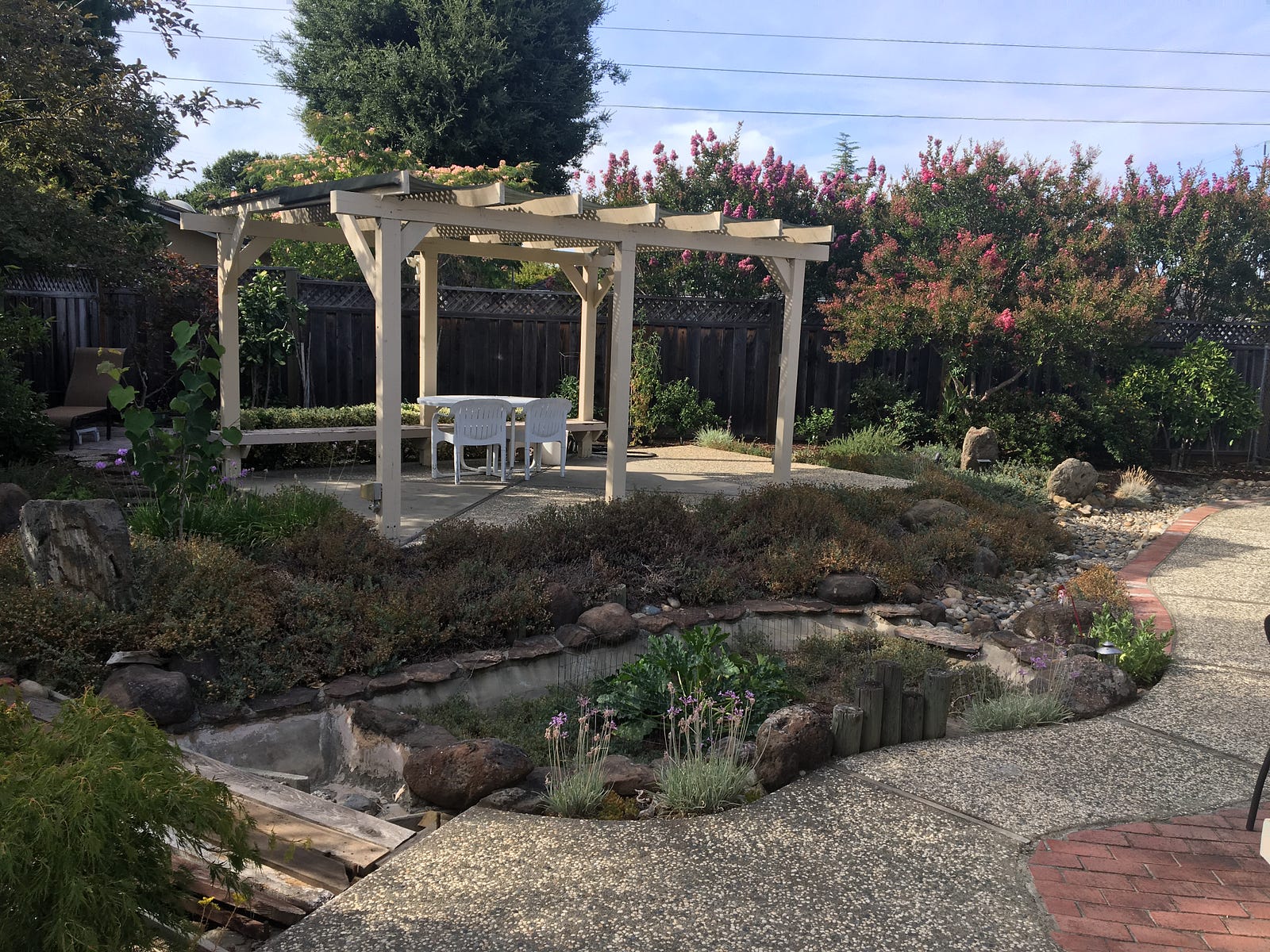
My dad said something that shocked me about today’s society.
A few days ago, on July 4th, was my dad’s 50th year living in the States.
He was so excited to celebrate that he ended up barbecuing a whole tray of delicacies, including filet mignon, haddock, shrimps (the size of a fist), scallops, sausages and corn on the cob, all to show everyone how much this day meant to him.

This day, while it seemed just like any other day to us, was exceptionally important to my dad, because as a newly arrived immigrant from Hong Kong, he had worked his way up from nothing to become a successful computer engineer in the Silicon Valley — by learning English as a second language, by getting a college degree while juggling several part-time jobs to support his family and lastly, by working hard, if not harder than everyone else, to achieve what he has achieved today.

But as you might’ve guessed, life was tough, more so than you could imagine, back in the old days.
For one, there was absolutely no internet to browse for information; you had to go to the library to reserve books. There were no cell phones to get ahold of someone on the fly; you had to rely on your landline, or your company’s landline, to call. You couldn’t even listen to the music you wanted to listen to at that very moment, because Spotify and Pandora didn’t exist yet.
So it made me wonder, how did my dad get by through such inconveniences? More importantly, what was the world like when he had just immigrated to the States from Hong Kong during the 1970s?
By the time my thoughts left my mouth, everybody at the dinner table was quiet, including my dad.
I guess no one has really asked him about his past, which might’ve explained why he took longer than usual to come up with this response:
“Back then, people were more polite to each other, always greeting each other with a smile and asking how you are. There weren’t nearly as many crimes like car break-ins and robberies, which is why you didn’t have to be concerned with locking your car on the street. As for TV, you had more entertaining channels to watch than just terrifying news.”
“Wow, really?”
“Yes. It’s very different compared to today because now, there’re a lot more murders and mass-shootings on the news. People are less willing to help out if someone needs it, and I feel that more and more people are becoming too time-pressed and focused on themselves to even worry about how others are.”
By the time he was done talking, something sunk within me. A piece of insight that was once a clutter of random thoughts, picked up from books I’ve read and the things I’ve seen with my own eyes, became crystal clear.
The reason why we are the way we are now — impatient, unmotivated, unfit, paranoid (about what other people might do to us), anxious and, quite often, unfulfilled — is because, paradoxically, we’re relying too much on the conveniences of modern technology to enhance our lives.
Instead of building a table of our own (that I’m sure we’re all capable of doing, at least on the basic level), we head to the furniture store to buy one that’s pre-assembled.
Instead of walking to a destination that’s nearby our home, we grab the car keys.
Instead of going out to meet new people, we stick to our computer to watch YouTube videos.
This all goes to show that we’ve been accustomed to, or perhaps obsessed with, technology that we’ve somehow integrated it into a value (something we strive to achieve more of). It’s why most of us prioritize work above everything else and why we don’t mind working longer hours, because ultimately, if we have more money in our pockets, then we could buy more cool gadgets that could, let’s say, make ice in just a few minutes for our beverage or massage our tense muscles.
But here’s the thing you should take note of, or at least be aware about:
When you set money or materialistic goods as a value, you make yourself very fragile as a human being.
Whatever you have and whatever amount you make can ultimately be taken away from you. If, for whatever reason, that actually happened and you end up being bankrupt with nothing more but a blanket to sleep on on the streets, you’d feel as if your whole life was destroyed — because you’d have absolutely nothing. No friends. No place to stay. Nothing.
That’s why so many of us are eager to, at least, hold a job, because then we wouldn’t have to put ourselves anywhere near that situation.
The only problem, though, with us zeroing in on work for the sake of acquiring more comfort and convenience is that we end up feeling detached with ourselves and the rest of the world. We start to neglect our values (what we believe in that defines who we are) for the value of money/materialistic goods and forget about the simplest pleasures in life, such as building something that actually matters to us, breathing in fresh air or giving food to the hungry.
Perhaps this is what’s causing us to feel more unsatisfied with our lives? Or perhaps unhappy?
I don’t know.
But what I do know is that what we have become today can change.
If our culture was able to change from being open, sincere and friendly to being reserved, cautious and withdrawn in just 50 years, I’m very positive it can shift the other way.
We just have to be aware of what we’re after, what we wish to ultimately achieve within our lifetime and whether or not it’ll help us become the person we want to be. And then through that, hopefully, we will be on the right track and feel better about ourselves — which can have an influence on the society we live in today.


